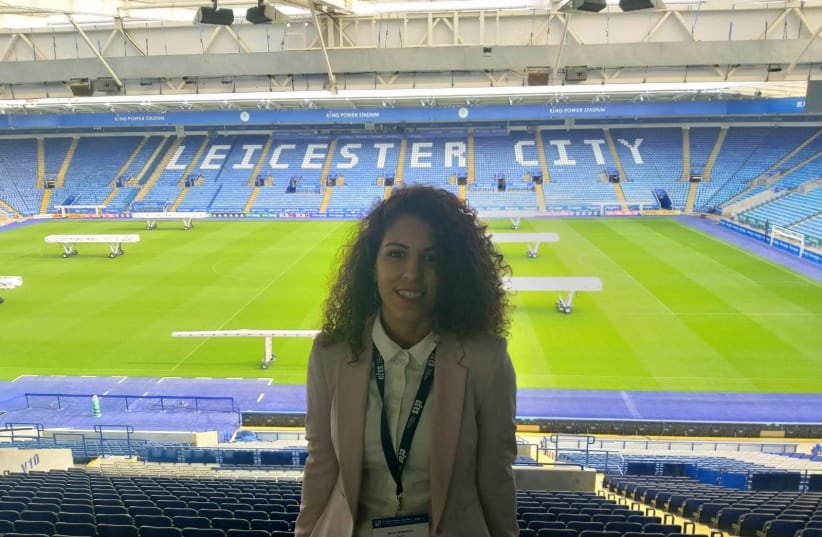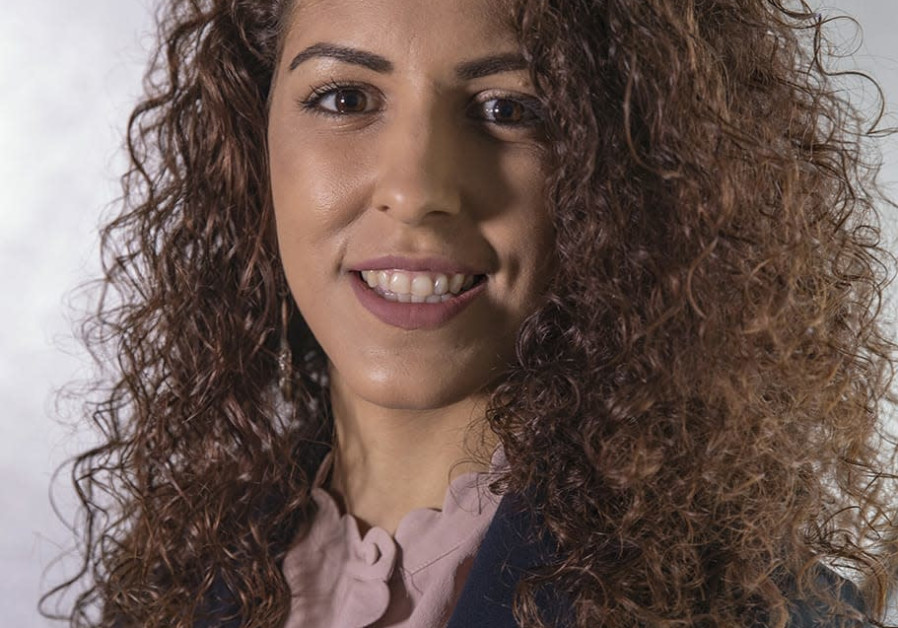Sanaa Bader is a woman of many firsts.
At the age of 18, she became the first ever female Arab referee to work in Israel's fourth and third tier soccer leagues.
Four years later, she left refereeing to become the first Arab female employee in the Israeli School Sport association, and then the first Israeli Arabic woman to study in the FIFA's exclusive master’s program for Management, Law and Humanities of Sport, all before the age of 30.
Last year, after finishing the master’s program, she returned to the Israeli Sports Association for Schools at the height of the second wave of the coronavirus pandemic, now working as director of sporting events.
She spoke with The Jerusalam Post in a phone call on Sunday, elaborating about the challenges she has faced over her career and about her goals for the future of Israeli sports.
"Right now, in our line of work, everything's on hiatus in the field," she told the Post.
To continue the office's work, Bader helped develop the Digital Home Package initiative, a weekly online content channel which features home training tips, lectures, panels, podcasts and more to help thousands of young athletes and schools across the nation deal with the challenges of the pandemic, with her main focus being the Special Olympics.
Born as the eldest of seven siblings in the city of Arraba in northern Israel, she began her career as a student athlete, coming from a background of soccer and track and field before starting a soccer coaching course in the nearby village of Deir Hanna.
There, she became interested in becoming a referee. "I liked the profession and said I'll go for it. I didn't really know what it was, I'd never heard of anything like it for an Arabic Muslim woman in society. Within a year, I started refereeing in League B," the fourth division of professional soccer in Israel.
In 2014, she left refereeing to start her bachelor's degree at Wingate Institute in Netanya. There, she met her husband Luay, who urged her to begin telling her story to others and eventually found the Speak with Confidence initiative to empower Arab women for public speaking.
In 2018, she decided to leave the Israeli School Sport association after four years in order to study her master's degree in the US, before becoming the first Arab Israeli Muslim woman to get into the exclusive FIFA Master's program in England, Italy and Switzerland.
When asked whether she'd experienced racism at her position at the ISSA, she said her experiences were mostly positive.
"At first it was weird. As the first Arabic woman in a major role at the ISA, they don't know my culture. Hebrew is my second language and I don't drink alcohol, so I couldn't really hang out with everyone for drinks after work."
She said that in time she and her co-workers found common ground through their work together, saying that her co-workers learned to see her "as more than just an Arabic Muslim woman."
When asked what her most important message is for boys and girls today, she emphasized that women do not need to sacrifice their religious beliefs or traditions in order to follow their dreams.
"People used to tell me ‘no man would ever want a woman who makes more than them, who is too focused on her career, she’ll forget her family' and I want to make sure women know that that's just not true," she said.

